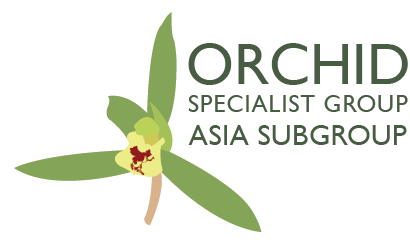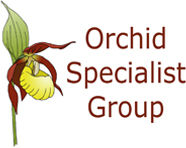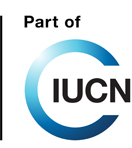The Asia branch of the IUCN Orchid Specialist Group (OSG) is a network of individuals and organisations that work towards improving knowledge and raising awareness of the taxonomy, ecology and conservation of Asia’s native orchids. Its members are based in, or have an interest in, one or more of the countries and jurisdictions of the region: Brunei, Cambodia, China, Hong Kong S.A.R., Indonesia, Japan, Laos, Malaysia, Mongolia, Myanmar, North Korea, Philippines, Singapore, South Korea, Taiwan, Thailand, Timor-Leste and Vietnam.
Spanning continental and oceanic landmasses that give rise to some of the world’s tallest peaks, Asia encompasses virtually all of Earth’s climatic zones and harbours no fewer than eight of the world’s 35 biodiversity hotspots. Asia is home to more than 8000 species of orchids, accounting for 10% or more of the entire flora of each of its constituent countries.
IUCN Red List assessments have so far been carried out for less than 5% of the continent’s orchid species, but almost half of those assessed were found to be threatened with extinction. As a community, our capacity to conduct research into the causes of decline and develop solutions at the species level risks being outstripped by the sheer scale and pace of change. Options for translating science into practical conservation, tackling underlying threats and scaling-up to the habitat and landscape levels are urgently required.
We recognise the significant impacts the prevailing threats of the region have on wild orchid populations. These threats include the degradation and fragmentation of orchid habitats as a result of urbanisation and the expansion of agriculture and plantation forestry, and the targeted collection of wild orchids to supply the horticultural and medicinal plant trades.
As for other regional orchid specialist groups, our mission is to assist in international efforts to conserve orchid diversity by providing technical expertise towards the development and execution of programmes that document, preserve, restore and manage orchids and their habitats.
We apply multidisciplinary, scientifically informed but cross-cutting approaches to better understand the ecological requirements of native orchids, to assess their status in the wild and quantify their risk of extinction. Using information obtained through these approaches, we prioritise species and habitats for conservation action, and we engage, educate and work with stakeholders to address threats, avert orchid declines and ensure ecological viability.



